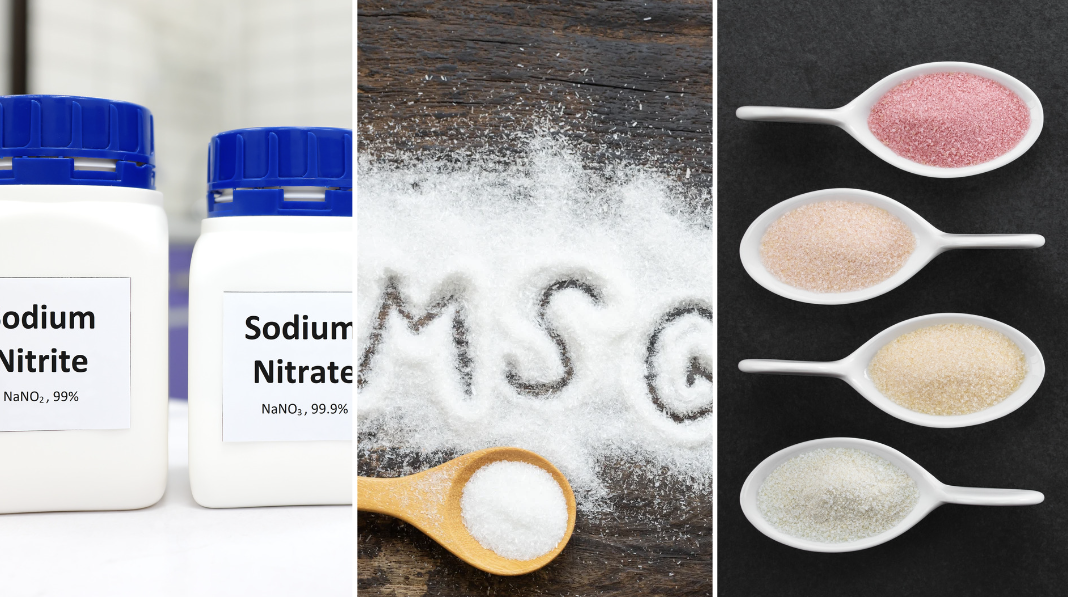Pain Management
For anyone who has experienced the throbbing pain, nausea, and sensitivity to light and sound that often accompanies a migraine, you already know why pain management is a top concern for many migraine sufferers. Finding effective ways to alleviate the intense pain of a migraine attack is essential for restoring comfort and functionality. There are a number of medications that can help with migraines. If you're looking for holistic health strategies to help reduce your migraine consider the following:Modifying your diet
Paying attention to your diet and making certain modifications can be one way to help manage your migraine pain holistically. Common dietary triggers for migraines include caffeine, alcohol, aged cheeses, processed foods, and artificial sweeteners. Consider keeping a food journal to track your intake and identify any potential triggers. Plus adding more whole, nutrient-dense foods like fruits, vegetables, and lean proteins can be supportive for your overall health and may potentially help to reduce your migraine frequency and severity.Stress management techniques
Stress is a well-known migraine trigger for many people which makes adding stress management techniques an important part of holistic migraine support. Adding practices such as meditation, deep breathing exercises, yoga, and progressive muscle relaxation can help calm your nervous system and may help reduce the frequency and intensity of migraine attacks. One other recommended strategy is to find enjoyable activities and hobbies, to spend time in nature, and to prioritize getting enough good quality sleep. All of these lifestyle interventions can further support stress reduction and overall well-being.Natural remedies and supplementation
A number of natural remedies and supplements have shown promise for helping to relieve migraine pain and support overall migraine management. For example:- magnesium deficiency has been linked to migraines so supplementation may help reduce the frequency and severity of migraines for some people
- other supplements like riboflavin (vitamin B2), coenzyme Q10, and feverfew may also have be helpful for migraine sufferers
Migraine Frequency and Duration
How often do you find yourself grappling with a migraine attack? The frequency and duration of migraine episodes can be different from person to person, but for many, the worry about when you might suffer your next attack is a huge concern. Understanding your migraine patterns is important because it will help you better understand your triggers (see below) and be more aware of what you can do to prevent or reduce the severity of your migraines. Using a migraine tracker is a good way to see how often and what might be the cause of your migraines.Identifying Triggers
Stress
Anxiety, emotional stress, tension, and worry, are a leading trigger for migraines. Stress can cause physiological changes in your body that may cause a migraine attack.Hormonal Changes
Changes in your hormonal state, especially in women, is a well-known trigger for migraines. Potential triggering hormonal fluctuations include changes in estrogen levels during menstruation, pregnancy, and menopause, as well as the use of hormonal contraceptives.Dietary Triggers
Certain foods and beverages are known to trigger migraines in those who are susceptible to them. Common dietary triggers include:- Caffeine
- Alcohol, especially red wine
- Aged cheeses
- Processed meats containing nitrates or nitrites
- Artificial sweeteners like aspartame
- Monosodium glutamate (MSG), often found in processed foods and Chinese cuisine
- Tyramine-rich foods such as aged cheeses, smoked or cured meats, and fermented foods like sauerkraut and soy sauce
Sensory Issues
Sensory overload, such as spending extended periods in front of a computer screen or in noisy environments can trigger a migraine in some sensitive individuals. Other sensory triggers include bright or flickering lights, loud noises,and strong smells.Poor quality sleep
Improper sleep patterns, which can include insufficient sleep, irregular sleep schedules, or oversleeping, may trigger migraines. Poor quality sleep and sleep disorders, such as insomnia or sleep apnea, may also be a problem and potentially cause a migraine.Environmental triggers
Many people are highly sensitive to environmental changes in weather including barometric pressure fluctuations, exposure to allergens, or pollutants, all of which can contribute to migraine attacks in susceptible individuals.Physical triggers
Intense physical exertion - especially in extreme weather conditions, dehydration, skipping meals, or changes in your daily or regular physical activity levels could be a migraine trigger for some people. It's important to note that your response to migraine triggers may be different than someone else's. Triggers and severity of response can vary. Keeping a migraine diary to track potential triggers and patterns can help identify and avoid triggers that may contribute to migraine attacks.Moving forward with migraines
Migraines don't only affect your physical health – they can also impact your overall quality of life. Your ability to work, socialize, pursue hobbies, and maintain relationships all have the potential to be impacted by the unpredictable nature of a migraine attack. Although living with migraines can be challenging, it's important to remember that you're not alone on this journey. By learning to better understand and address your particular migraine patterns and staying proactive in your approach to migraine management, you have the potential to manage them better. This includes prioritizing self-care, listening to your body, and celebrating the wins – no matter how small they may seem. It's important to work closely with a healthcare provider to develop a comprehensive migraine management plan tailored to your specific needs and preferences. Remember that individual responses to these migraine support strategies may vary, so it may take some experimentation to find what works best for you.Do you experience migraines? If so you know how debilitating, they can be. Unfortunately, medication does not get to the root of the cause for migraines. You may know what your triggers are, but did you know that there are ingredients hidden in your food that could also be contributing? 
Download Sneaky Food Ingredients That Trigger Migraines eBook and learn more.




